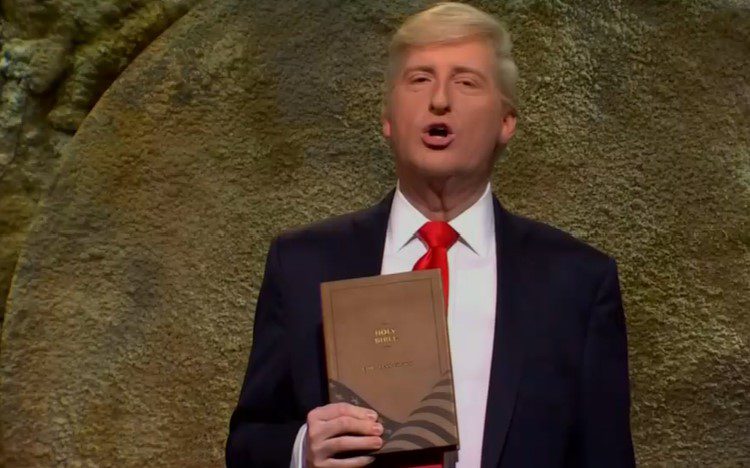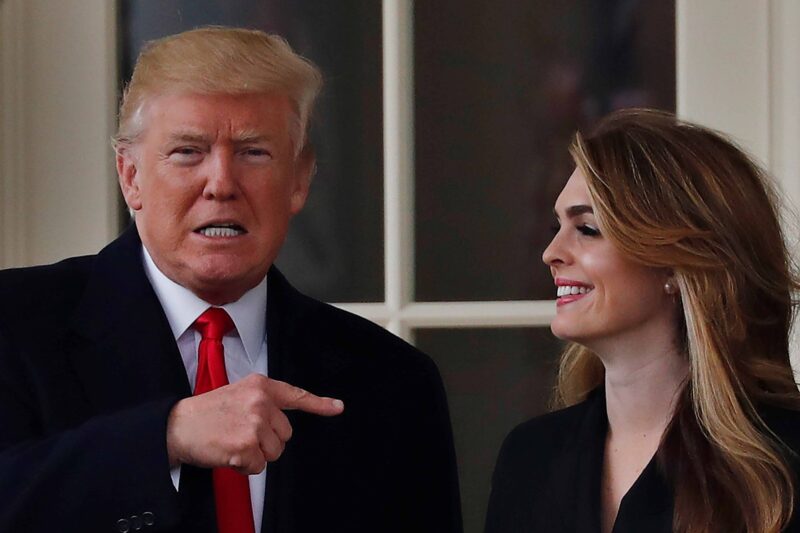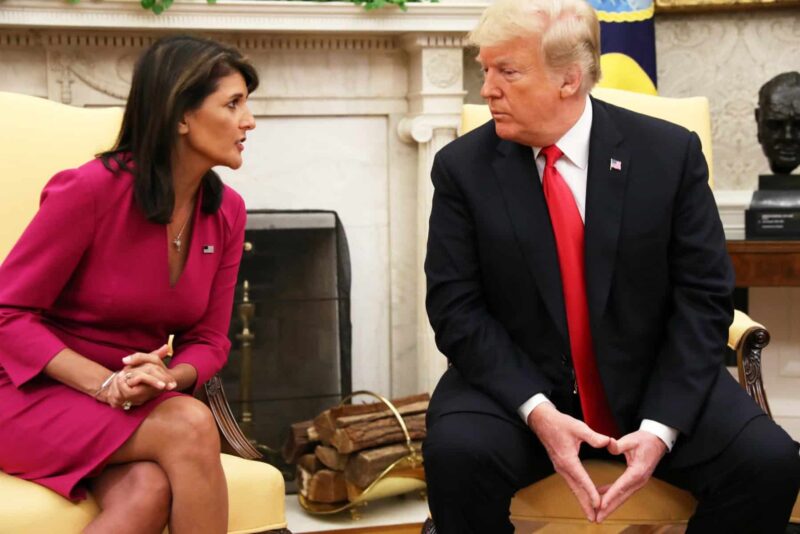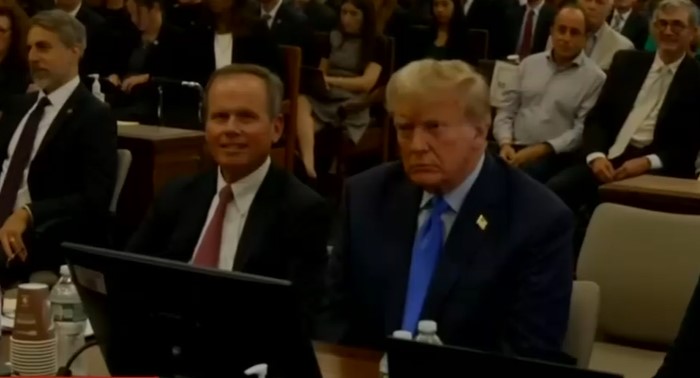Donald Trump’s Bible-Selling Grift on SNL
Donald Trump recently made a comedic appearance on SNL, where he jokingly compared himself to Jesus just in time for Easter festivities. The satirical skit parodied Trump’s tendency to align himself with religious figures and portray himself in a favorable light.
Trump’s Easter Bible
During the sketch, Trump humorously announced that he would be selling a special edition Bible made from “100% Bible.” The exaggerated nature of the product and its steep price of $60 added a humorous twist to the portrayal of Trump’s affinity for religion and profit-seeking behavior.
Despite the comedic tone, the skit also touched on more serious issues, such as the perceived absence of religion and Christianity in modern society. Trump’s character lamented the decline of religious values and emphasized the importance of bringing them back into the cultural forefront.
The Bible Sales Pitch
Trump’s character in the skit presented the Bible with unique illustrations, including scenes from biblical stories with a comical twist that included Trump himself in the narrative. The references to well-known biblical tales added an element of parody to the presentation of the product.
Throughout the sketch, Trump continued to mix humor with a sober message about the role of religion in shaping societal values and moral principles. The character’s exaggerated portrayal underscored the satire aimed at highlighting the blend of religious pandering and profit motives.
The Satirical Takeaway
The underlying theme of the skit revolved around exposing the hypocrisy and opportunism inherent in the intersection of politics, religion, and entertainment. By satirizing Trump’s exaggerated religious gestures and profit-driven behavior, SNL provided a critical commentary on the performative aspects of public figures.
Overall, the SNL sketch on Trump’s Bible-selling grift effectively used humor to shed light on deeper societal issues, such as the commodification of religion and the manipulative tactics employed by certain political figures. Through its comedic lens, the skit offered a satirical critique of the intersection of faith, power, and public image.
Image/Photo credit: source url





